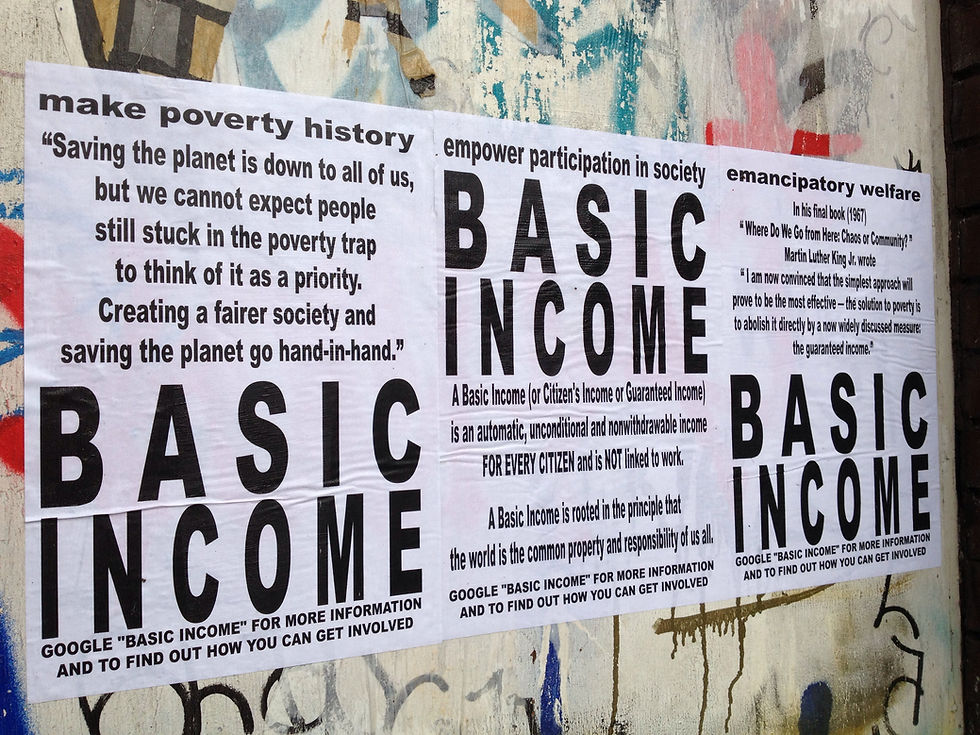Protests Erupt after Belarus Election
- Elizabeth Bratton

- Aug 12, 2020
- 3 min read
Updated: Dec 22, 2024
Elizabeth Bratton writes about recent demonstrations that have taken place after the Belarus election. For the sixth term running, Alexander Lukashenko has achieved leadership, although is now facing accusations of vote-tampering. His political opponent has fled the country, and at least one protester has been killed. Thousands have been arrested.
On Sunday the 9th of August, Belarus president Alexander Lukashenko announced that he had won his sixth election running. The victory was described as a “landslide”, with over 80% of votes in his favour. On that same night, protests erupted in at least 20 cities across the country, as the opposition party accused the 65-year-old leader of vote-tampering.
For the past three nights, riot police have been deployed and have used rubber bullets, flash grenades, teargas, and water cannons. It was also revealed that officers had used live rounds; an official statement claimed that the force was justified, as demonstrators had been armed with metal bars. The decision was reportedly taken “to protect the lives and health of officers”. At least one demonstrator has been killed after being run over by a police vehicle, while one video showed dozens of those arrested lying face-down on the floor. On Tuesday, a 15-year-old was held to the ground, while a police officer held a grenade to his head. The total number of people arrested is thought to be around 4000, while at least 50 activists have been hospitalised.
Security officers have also been punishing drivers who sound their car horns in support of the protests. According to a live blog, they “beat passing cars with truncheons, broke windows, and pulled motorists from their vehicles so they could beat them up and arrest them.” Journalists are also thought to have been a particular target, with some having equipment confiscated and destroyed, while others have been made to delete photos.
On Wednesday, nearly 200 women gathered in Minsk, denouncing police brutality. They carried flowers, held hands, and chanted "shame!" through the streets. The Belarusian president has since told protesters to "get a job"; he believes that only criminals and the unemployed are demonstrating.
Main opposition candidate Sviatlana Tsikhanouskaya reportedly won less than 10% of the vote, although independent observers believe the real figure was closer to 70%. According to Sky News, the true figure is likely to be somewhere in the middle. On Tuesday, Tsikhanouskaya announced that she had fled to Lithuania, in order to be with her family. Specifically, she hoped to reunite with her children, who had moved abroad amidst anonymous threats. She described the decision as a “very difficult” one, and concluded: “I know many people will understand me, many will judge me and many will hate me.” Lithuanian Foreign Minister Linas Linkevicius has confirmed that the opponent is in a safe location, while describing the move as “totally understandable”. Although he would not confirm whether Tsikhanouskaya had been threatened prior to her departure, it was implied that she didn’t have much of an option. Neither of Tsikhanouskaya’s aides have made contact with her since Monday, when she submitted a formal complaint about the election’s outcome.
Tsikhanouskaya is 37-years-old and launched herself into the world of politics after her husband was arrested in May. Siarhei Tsikhanouski was a political blogger, YouTuber, and pro-democracy activist who had hoped to run for president. Police accused Tsikhanouski of having hidden a vast amount of money, however the accused insist this allegation is false. In a video released on her husband’s YouTube channel, Tsikhanouskaya urged protesters to avoid violent clashes, stating: “No life is worth what is happening now. Children are the most important thing in our lives." Protester Kirill Kulevich explains: "[Tsikhanouskaya] had a clear choice — to be in a Belarusian jail or to remain free in Lithuania.”
Lukashenko’s handling of the COVID-19 pandemic has aroused concerns across the globe. As Oliver Lamb wrote in April, the president claimed that vodka and other unusual remedies would prevent infection. He previously dismissed COVID-19 as “psychosis”, and, having survived the disease, remained adamant that it was no great cause for concern. Even prior to the outbreak of disease, corruption was rife, as “the regime wields the judiciary as a tool to crack down on opponents.” Additionally, police officers are treated with “impunity”, and rarely face repercussions in cases of abuse. Despite being a constitutional right, freedom of speech is restricted, as criticism of the government is a criminal offence.

_edited.png)




Comments